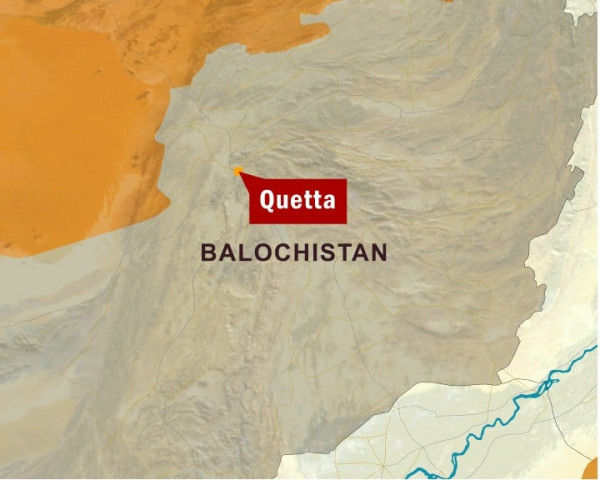Quetta’s water problems escalating
Groundwater level declining, people finding it difficult to get drinking water.

The city’s people are forced to pay for water tanker services, paying Rs500-700 a day to meet their needs. Although it is not difficult for people who are well-off, poor people cannot afford them.
A railway employee, who is a resident of Brewery Road, Saeed Ahmed, spends a considerable amount of time bringing water home on his bicycle. “Wasa provides water once a week. Because they make the people wait for water for five days if they provide water for just two hours,” Saeed, 51, tells The Express Tribune.
Saeed is not alone. The majority of Quetta’s 2.2 million residents suffer a similar fate.
According to the Water and Sanitation Authority (Wasa) officials, the city requires 450 million gallons of water but the authority is only able to provide 300 million gallons. Officials claim to be working on the problem. “Two dams are being constructed to end Quetta’s water problems,” said an official.
Talking to The Express Tribune, Chief Engineer Wasa Liaquat Ali Bugti says that the federal government had approved Rs8 billion to overcome the water shortage in Quetta and improve the drainage infrastructure.
“The groundwater levels are declining rapidly every year,” he said, adding that they are probably decreasing by 10 to 15 feet every year. However, he hopes that the problem will be resolved after dams are constructed.
However, there has not been any significant progress despite the allocation of so much money.
On the one hand, the people of Quetta are suffering for want of drinking water and on the other; geoscientists are concerned over the rapidly declining groundwater levels in Quetta Valley.
“So far, no effective steps have been taken to replenish groundwater in the valley,” says Abdul Razaq Khilji, Chairman of the Geoscientist Association.
According to him, the water problem will be more severe in future if a proper conservation strategy is not adopted soon.
Published in The Express Tribune, November 8th, 2010.



















COMMENTS
Comments are moderated and generally will be posted if they are on-topic and not abusive.
For more information, please see our Comments FAQ